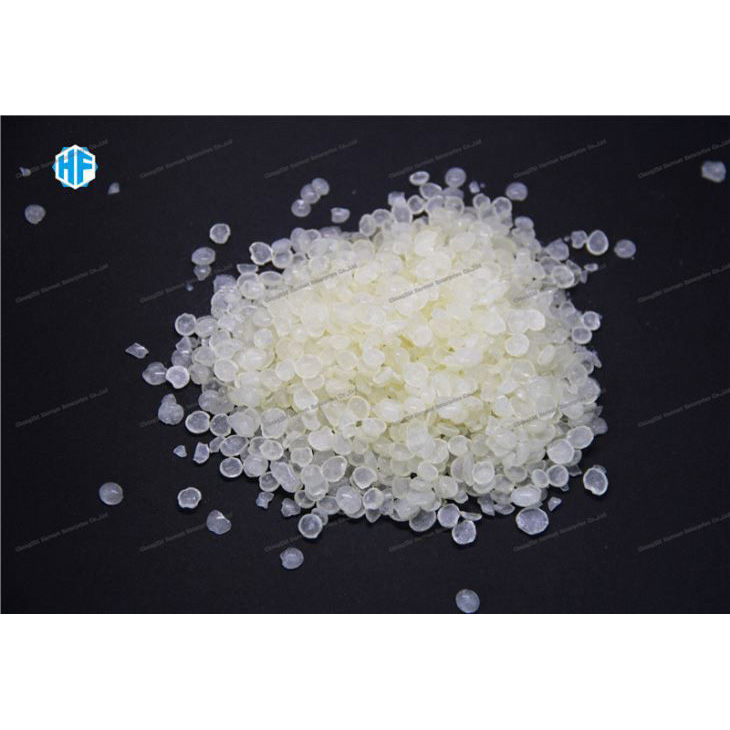Why Hydrogenated Hydrocarbon Resins Are Crucial in Modern Industries
2024-12-30
In today’s fast-paced world, industries constantly seek materials that enhance performance, aesthetics, and sustainability. One such material that has gained prominence is the hydrogenated hydrocarbon resin. Let’s dive deeper into why this resin is indispensable and how it contributes to various sectors.
Unique Properties of Hydrogenated Hydrocarbon Resins
The hydrogenation process gives these resins several key characteristics:
- Thermal Stability: They can withstand high temperatures without degrading, making them suitable for demanding applications.
- Oxidation Resistance: Unlike non-hydrogenated resins, they resist oxidation, ensuring a longer shelf life.
- Transparency: Their clear and light color makes them aesthetically pleasing, especially for consumer products.
- Compatibility: They blend well with other polymers, allowing for flexibility in formulations.
These properties make hydrogenated hydrocarbon resins a go-to material for manufacturers seeking high-quality results.
Industry Applications
1. Adhesive Solutions: Hydrogenated hydrocarbon resins are the backbone of many adhesives used in packaging, hygiene products, and construction. Their tackiness and bonding strength ensure secure adhesion.
2. Personal Care Products: These resins are used in cosmetics and personal care items like lipsticks and balms due to their skin-safe properties and smooth texture.
3. Electronics: They improve the durability and insulation of electronic components, ensuring reliability in gadgets and devices.
4. Automotive Sector: In coatings and sealants, these resins enhance durability and resistance to environmental factors like UV rays and moisture.
5. Printing Inks: Hydrogenated hydrocarbon resins improve the gloss and drying time of inks, making them essential for high-quality printing.
The Future of Hydrogenated Hydrocarbon Resins
With the rise of sustainable and eco-friendly practices, researchers are exploring ways to produce hydrogenated hydrocarbon resins from renewable feedstocks. Innovations in manufacturing processes aim to reduce energy consumption and emissions, making these resins even more environmentally friendly.
Final Thoughts
Hydrogenated hydrocarbon resins might operate behind the scenes, but their impact is undeniable. From everyday products to industrial applications, they provide strength, beauty, and reliability. As industries evolve, the role of these resins will continue to expand, proving their importance in shaping a sustainable and efficient future.



